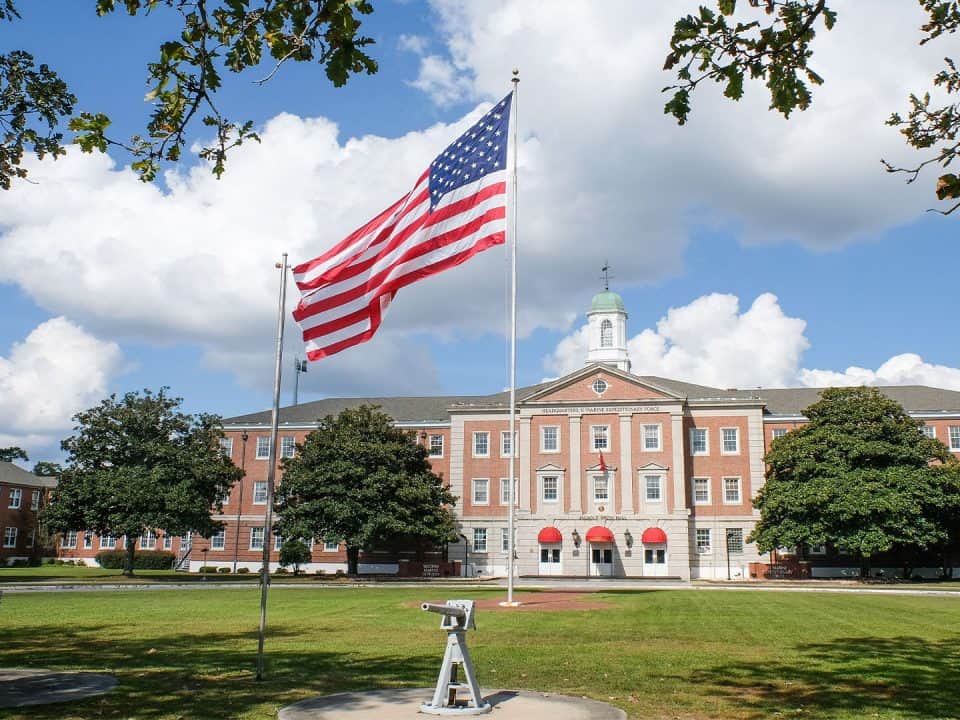
Mankind’s earliest literature tells us that a significant proportion of military casualties are psychological, and that witnessing death can leave chronic psychological symptoms, known today as service-connected Post-Traumatic Stress Disorder, or PTSD.
As we are reminded in Deuteronomy 20:1-9, military leaders have long been aware that many soldiers must be removed from the frontline because of nervous breakdown, which is often contagious:
When thou goest out to battle against thine enemies, and seest horses, and chariots, and a people more than thou… the officers shall say, What man is there that is fearful and fainthearted? Let him go and return unto his house, lest his brethren’s heart faint as well as his heart. (King James’ Version)
In the first article, we cited the first recognition of PTSD by the American Psychiatric Association in the DSM III in 1980; the stressors that define the traumatic event; and the symptomology that may be part and parcel of a PTSD diagnosis.
The impact of chronic and severe PTSD can take a significant toll on the veteran’s ability to maintain gainful employment or interact with his/her spouse and family. In those veterans with PTSD that go untreated, occupational and social functioning may be significantly impaired.
The loss of employment, estrangement from family, and even divorce, is not uncommon. If left unchecked, the veteran may become homeless. In fact, in a study by the American Psychiatric Association, almost three-fourths of both men and women suffered PTSD before the onset of homelessness.
Veterans may suffer from symptoms of PTSD for years before reaching a point where the symptoms, ignored or pushed back in one’s mind, begin to surface with ferocity. The catalyst for the onset of more severe symptoms may be the inability to cope with a job that the veteran has done satisfactorily for years or marital discord which surfaces with the infliction of physical and emotional pain. Alcohol and drug abuse (self-medication) may be the treatment of choice.
The VA’s National Center for PTSD has long recognized the interrelationship between PTSD and alcohol abuse, stating:
“PTSD and alcohol use problems are often found together. This pairing can be big trouble for the trauma survivor and his or her family…Sixty to eighty percent of Vietnam Veterans seeking PTSD treatment have alcohol use problems.” [1]
There is no magic cure for PTSD. Once recognized, either by the veteran or a family member, assessment and treatment is essential to gaining control over the demons from the past that cast darks shadows over one’s life and daily activities. In most cases, treatment modalities will include individual psychotherapy, group counseling, detoxification (if needed), medications for depression, anxiety, or even psychotic symptoms, and the ongoing support of family and friends.
The essential step for a veteran who cannot purge a traumatic and horrific event from combat or the living hell of being the victim of a sexual trauma is to seek mental health treatment either through the VA, the local mental health or veterans’ clinic, or a private psychologist/psychiatrist. The first step is never easy but the end result significantly outweighs the alternative.
Part III, coming next week, will address PTSD in the VA claims process. If you’re looking to speak with someone regarding PTSD, working with the VA, or any other aspect of veterans’ affairs, contact Bluestein Attorneys for help. You can reach us by phone at (803) 779-7599 or online to request a FREE consultation.
*The article above appeared in the March 7 issue of the Columbia Star weekly newspaper.




